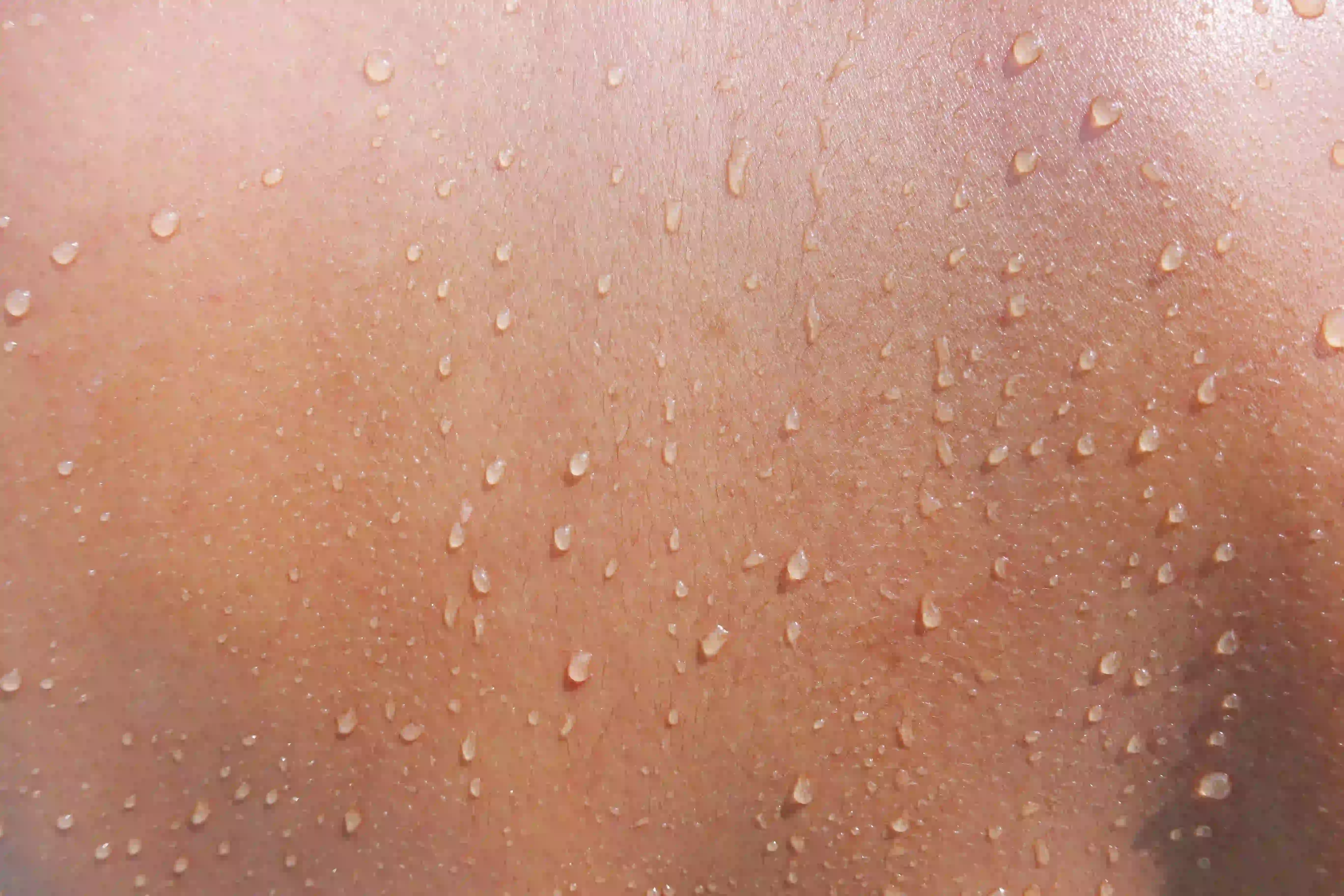What Causes Hives in Toddlers?
Highlights
-
If your toddler experiences a sudden outbreak of hives, it could be from an allergic reaction.
-
It’s important to monitor your child’s symptoms if they develop hives to ensure they aren’t experiencing a more serious health condition.
-
Hives are typically managed with antihistamines and oral steroids.
What is the Main Cause of Hives in Children?
The most common cause of hives in children is an allergic reaction, which often occurs as the body responds to allergens.
The body sees the allergen as a threat, so it produces a type of antibody called immunoglobulin E (IgE). This triggers the release of histamine and other chemicals in your child’s body.
When it comes to hives specifically, the allergen triggers the release of histamine from mast cells which are located in the skin.
Histamine causes the blood vessels in the skin to become dilated, which can result in red, raised, itchy patches known as hives.
Serious allergic reactions
In some cases, hives are the only symptom of an allergic reaction. However, a severe allergic reaction could spread to other parts of the body and become life-threatening.
If your child has hives and trouble breathing, you must seek immediate medical attention as this could indicate a severe allergic reaction.
Common allergens that may cause hives on your child’s skin
Certain foods: Your child may be allergic to a food or drink. Common food allergies include nuts, shellfish, and dairy products.
Certain medicines: Some medications can cause allergies, such as Penicillin, Sulfa, Anticonvulsant Medicines, antibiotics, or aspirin.
Insect bites or stings: Your child may have an allergic reaction to stings from bees or wasps, or bites from mosquitoes or ants.
Pet dander: Children may develop hives if they are allergic to the dander that comes from cats, dogs, and other animals.
Pollen: Whether it comes from trees, grasses, or weeds, a reaction to pollen can cause hives to appear on your child’s skin.
Other symptoms to look out for
Children who have hives may also experience other symptoms if they are having an allergic reaction. Here are some common signs that can occur:
Swelling of the face, lips, tongue, or throat
Itching and skin discomfort
Redness of the skin surrounding the hives
Fatigue
These symptoms should resolve within a few hours.
Other potential causes of hives in children
Allergies aren’t the only causes of hives in children. Other causes may include:
Exercise-induced urticaria: This is when hives develop in response to physical activity.
Cold-induced hives: Viral infections like the common cold can cause hives in children.
Bacterial infections: Some bacterial infections, like streptococcal infections, can trigger hives.
Heat and cold: Extreme temperatures, such as hot baths or cold air, can cause hives in some children.
Stress and anxiety: Emotional upset can cause children to develop hives.
Physical pressure: The pressure caused by tight-fitting clothes, for example, can cause hives.
Solar hives: These hives are caused by sun exposure, also known as solar urticaria.
Treatments for Hives in Toddlers
Allergy tests
The first course of treatment for skin hives is to identify if an allergen is causing them. You can have your child's health care provider conduct allergy testing.
Avoid wearing tight-fitting clothes
Tight clothing can cause hives in children or can worsen the symptoms associated with hives.
An over-the-counter (OTC) antihistamine
Treatment includes antihistamines that you can purchase at your local pharmacy. You can also get a non drowsy antihistamine that won’t make your child sleepy.
It may be a good idea to keep an antihistamine in your emergency kit at home.
Oral steroids
These medications can help relieve itching and swelling. However, they would need to be prescribed by your child’s health care provider.
Applying a cold pack to the affected skin
Applying cold packs to the skin can help to reduce swelling and provide cooling, as hives tend to create warmth.
When Should I Take My Child to the Doctor?
Not all hives are an indication that you must take your child to a health care provider. Hives accompanied by mild symptoms typically resolve with an oral or topical antihistamine within a few hours.
However, if your child’s hives continue for several days and are not responding to common treatments, schedule a doctor’s appointment.
Additionally, your child may have a condition called chronic hives — these are persistent hives that don’t go away for at least six weeks.
It’s important to see a doctor if you suspect your child has chronic hives. Your child’s health care provider will:
Get a full health history from you
Conduct a physical exam
Do further testing to determine the cause of body hives
When to seek emergency care for hives
You must call your doctor or seek emergency medical attention if your child shows any signs of a life-threatening allergic reaction, including:
Difficulty breathing, wheezing, or shortness of breath
Swelling of the tongue, lips, and face
A weak pulse
Dizziness or fainting
Confusion
Stomach pain
Where Can I Get Treatment for My Toddler’s Hives?
Even though LifeMD doesn’t provide treatment to children, you can still consult with a board-certified doctor from the comfort of your home if you’re concerned about your child’s hives.
Join LifeMD today to get 24/7 access to healthcare providers.












